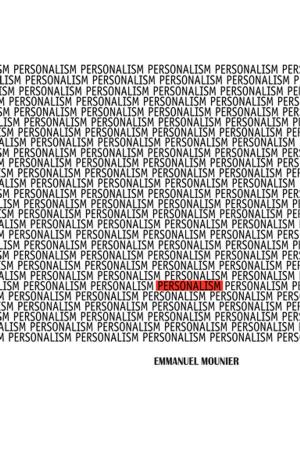Ethics as Grammar
Changing the Postmodern Subject
Nonfiction, Reference & Language, Language Arts, Linguistics, Religion & Spirituality, Philosophy, Ethics & Moral Philosophy| Author: | Brad J. Kallenberg | ISBN: | 9780268159696 |
| Publisher: | University of Notre Dame Press | Publication: | September 14, 2001 |
| Imprint: | University of Notre Dame Press | Language: | English |
| Author: | Brad J. Kallenberg |
| ISBN: | 9780268159696 |
| Publisher: | University of Notre Dame Press |
| Publication: | September 14, 2001 |
| Imprint: | University of Notre Dame Press |
| Language: | English |
Wittgenstein, one of the most influential, and yet widely misunderstood, philosophers of our age, confronted his readers with aporias-linguistic puzzles-as a means of countering modern philosophical confusions over the nature of language without replicating the same confusions in his own writings. In Ethics as Grammar, Brad Kallenberg uses the writings of theological ethicist Stanley Hauerwas as a foil for demonstrating how Wittgenstein's method can become concrete within the Christian tradition. Kallenberg shows that the aesthetic, political, and grammatical strands epitomizing Hauerwas's thought are the result of his learning to do Christian ethics by thinking through Wittgenstein.
Wittgenstein, one of the most influential, and yet widely misunderstood, philosophers of our age, confronted his readers with aporias-linguistic puzzles-as a means of countering modern philosophical confusions over the nature of language without replicating the same confusions in his own writings. In Ethics as Grammar, Brad Kallenberg uses the writings of theological ethicist Stanley Hauerwas as a foil for demonstrating how Wittgenstein's method can become concrete within the Christian tradition. Kallenberg shows that the aesthetic, political, and grammatical strands epitomizing Hauerwas's thought are the result of his learning to do Christian ethics by thinking through Wittgenstein.















